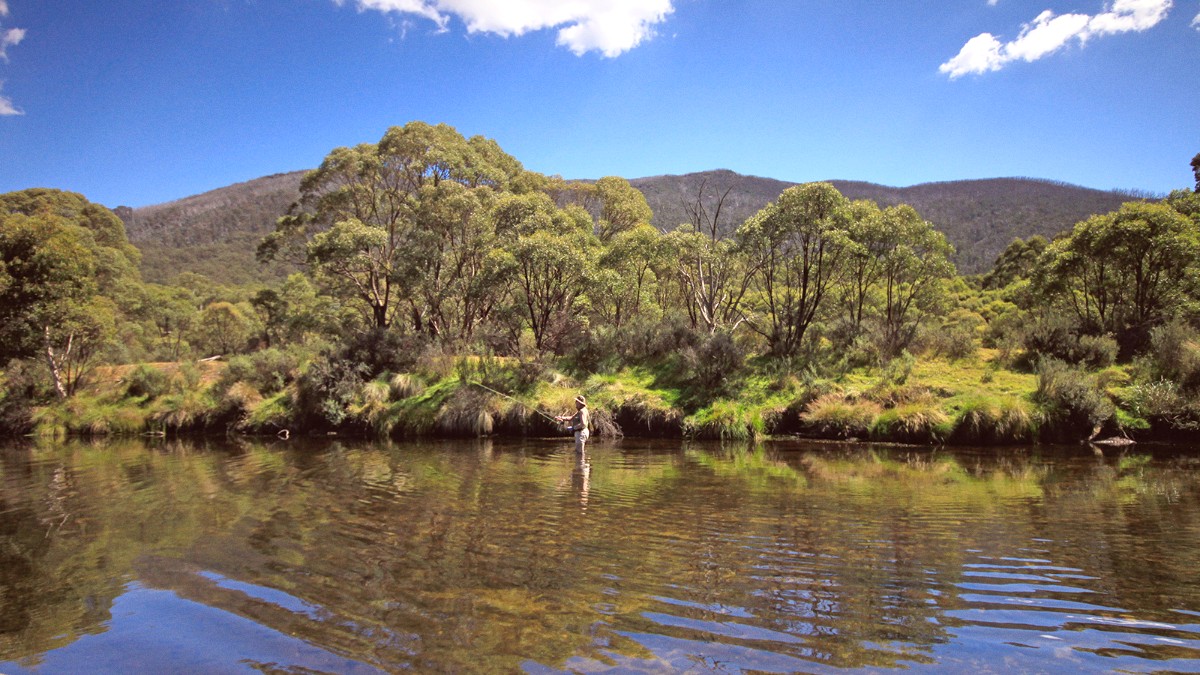
South Coast, Finland
Archipelago Sea: This vast and unique ecosystem is a fragile environment. Ongoing efforts focus on its protection and sustainable tourism. Visitors are encouraged to respect nature and avoid disturbing wildlife. Ruissalo Island: A designated nature area with protected old-growth oak forests. Stick to marked trails. National Parks: Kurjenrahka National Park is a protected mire area, managed to preserve its natural state.
Finland has excellent waste management and recycling systems. You will notice a strong emphasis on sorting waste. Separate bins for different types of waste (paper, cardboard, glass, plastic, metal, organic waste) are common. A deposit system ("palautuspullo") operates for plastic bottles and aluminum cans; return these to reverse vending machines in supermarkets for a refund.
Finland is a country with abundant fresh water. Tap water is safe and excellent quality to drink throughout Turku. No significant water scarcity issues exist. Using a reusable water bottle protects the environment.
Travel with awareness and respect for local customs.
Museums like the Luostarinmäki Handicrafts Museum actively work to preserve traditional crafts and living heritage. Visiting these sites supports their efforts. Many historical buildings in Turku are carefully maintained and protected, securing the city's unique architectural heritage.
Always ask permission before photographing people, especially children. This protects their privacy. Be mindful of privacy in public spaces. Avoid intrusive photography that might make individuals uncomfortable.
Look for hotels with environmental certifications like Green , Nordic Ecolabel (Joutsenmerkki), or ISO 14001. These indicate sustainable practices. Choose tour operators that emphasize small group sizes, local employment, and minimal environmental impact.
For eco-friendly stays, consider platforms like Ecobnb. For ethical tours, G Adventures is an option. Support conservation efforts via The Rainforest Site.
Finland has strong labor laws and social protections. Tourism-related exploitation is not a significant concern for travelers in Turku. You do not need to worry about inadvertently supporting harmful practices regarding labor or animal welfare.
Support local businesses and artisans directly. This includes buying souvenirs from local craftspeople, dining at independent restaurants, and staying in locally owned guesthouses.
Direct charitable giving to individuals (e.g., begging) is not common in Finland. If you wish to contribute, donate to reputable local charities or environmental organizations.
Your choices contribute to preserving Finland's natural beauty and cultural heritage. Travel mindfully.
Your travel choices directly benefit the local economy and communities.
Support local businesses and artisans directly. This includes buying souvenirs from local craftspeople, dining at independent restaurants, and staying in locally owned guesthouses.
Finland has strong labor laws and social protections. Tourism-related exploitation is not a significant concern for travelers in Turku. You do not need to worry about inadvertently supporting harmful practices regarding labor or animal welfare.
Look for products with fair trade labels, showing producers received a fair price for their goods. Buy directly from artisans at markets or small workshops. This ensures money goes directly to the creators.
Find unique souvenirs at local markets or artisan shops.
Seek out products crafted by local artists and designers.
Purchases directly benefit the creators and small businesses.
While Finland maintains high ethical standards, remain aware of your surroundings and any unusual requests.
By choosing local and sustainable options, you directly contribute to the wellbeing of Turku's communities.